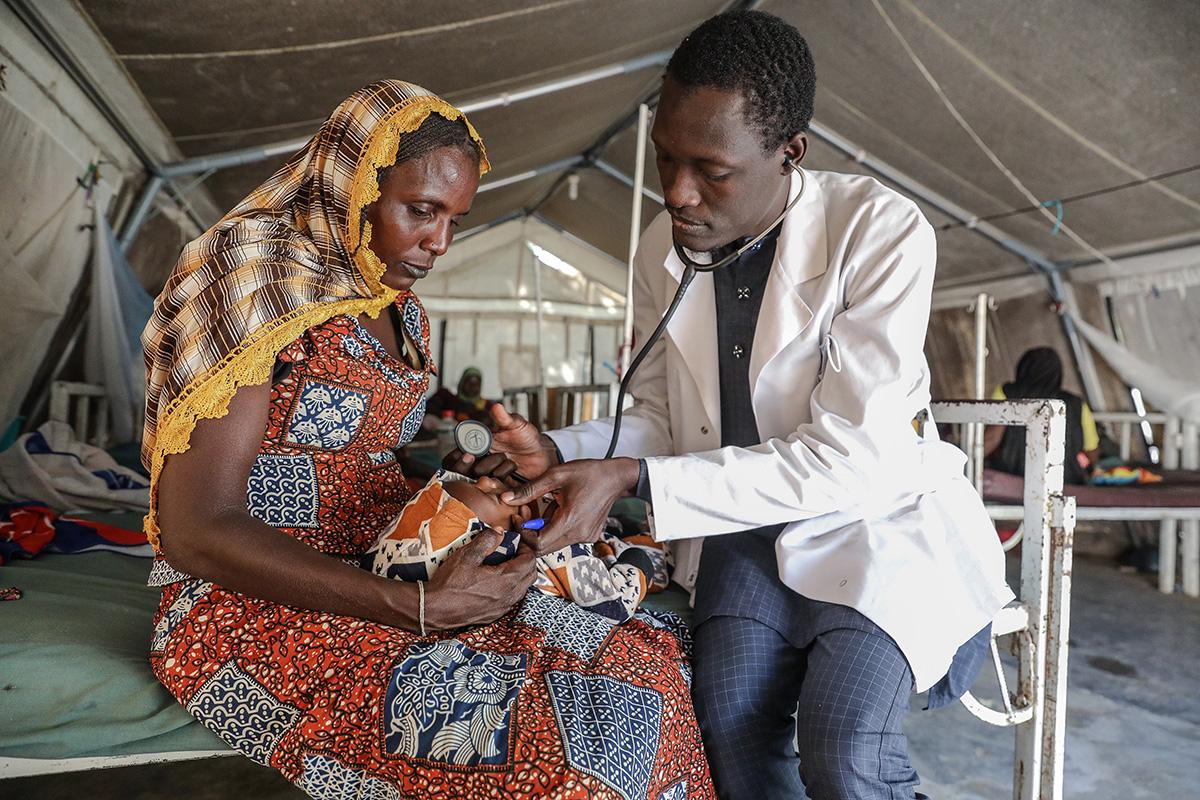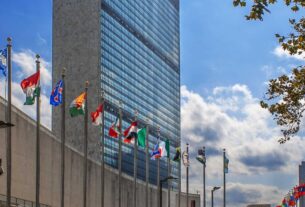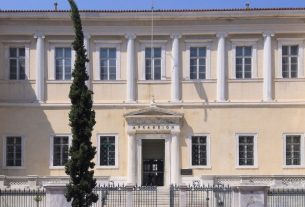According to the World Health Organization (WHO), at least half of the people in the world do not have access to essential health care. Moreover, 344 million people are going deeper into extreme poverty each year because they cannot afford the health fees.
No wonder the United Nations has set a goal for its member states to achieve universal health coverage by 2030, giving all people access to essential health services without financial hardship. The EU’s Global Health Strategy also prioritises strengthening resilient and equitable health systems and advancing universal health coverage.
Cameroon has embarked on a universal health coverage roadmap to fulfil this vision. Almost 70% of the cost of health services is paid out of pocket by Cameroonians according to the World Bank. This represents a significant barrier to accessing health care, especially since over 1/3 of Cameroonians are severely impoverished, many of them in the remote and conflict affected North.
People need access to health services without prohibitive costs, but trained and motivated staff should also be on hand to treat them. Yet, many doctors and qualified health staff practice in the more stable central part of the country.
This is why, in the volatile Far North region, where people have faced insecurity, displacement and need humanitarian aid, the EU supports the medical organisation ALIMA. This photo essay is a tribute to the daily work of their humanitarian healthcare staff.



